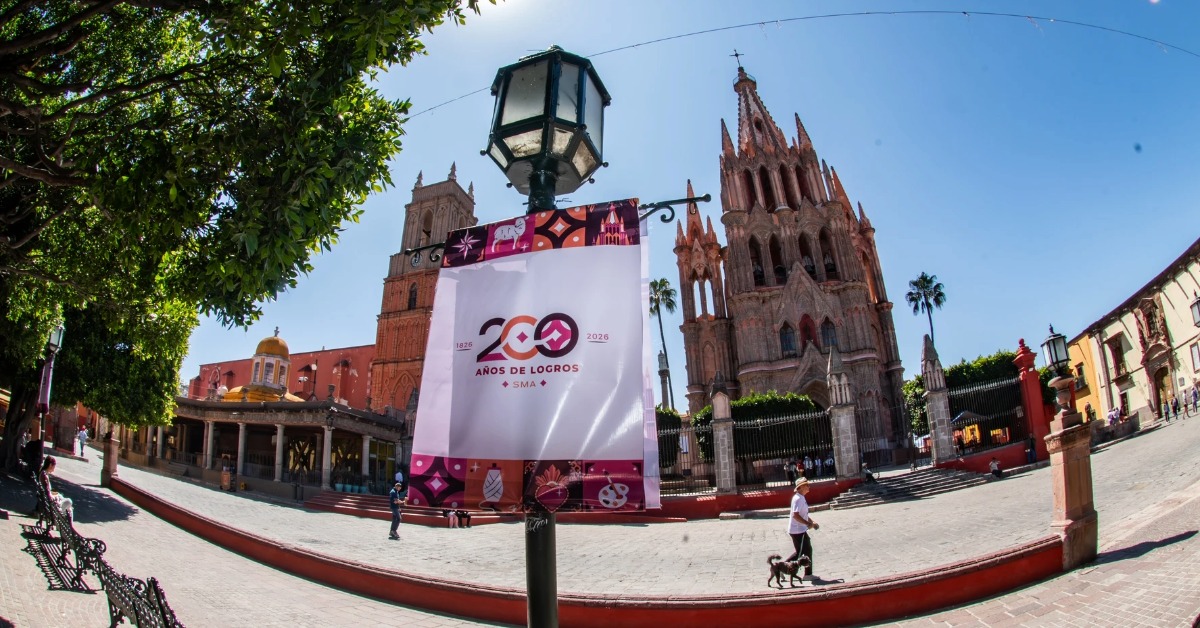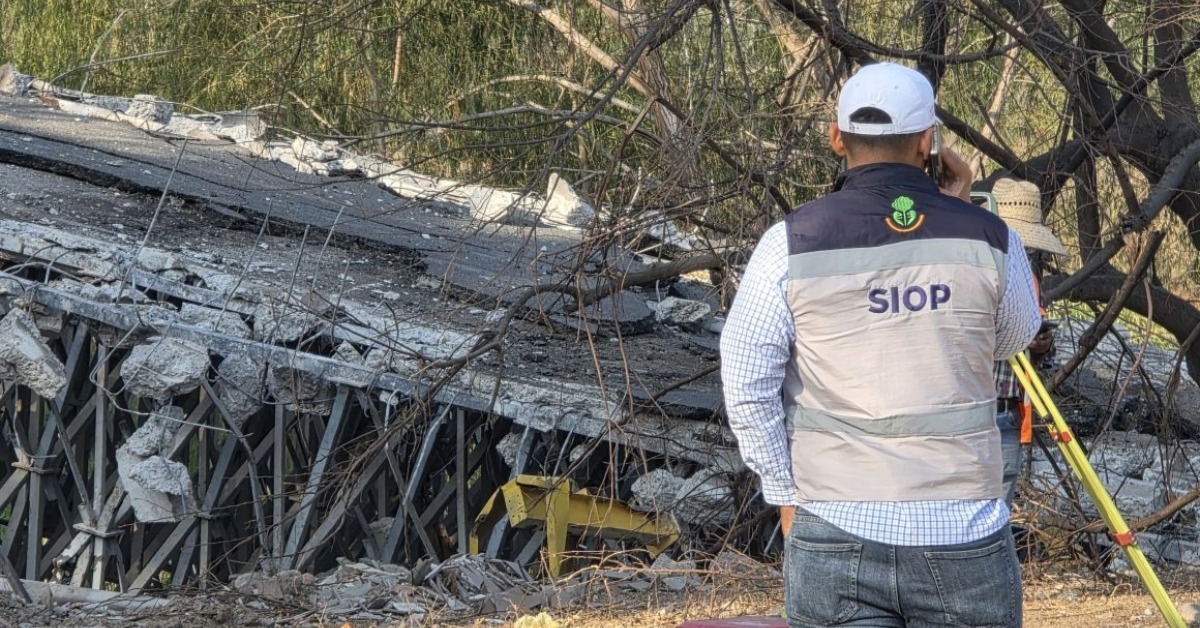Zunduri, enslaved at a dry cleaners shop in Mexico City, was so thirsty at one point she blistered her mouth trying to drink steam from an iron, and was so hungry she chewed the polythene wrapping used to cover garments.
The 23-year-old Mexican woman, known only as Zunduri, told state prosecutors of her two-year ordeal after escaping last month, exposing one of the worst cases of slavery to come to light in the Mexican capital.
"It's almost unbelievable to think a person can be treated this way. It's one of the worst cases I've . . .





